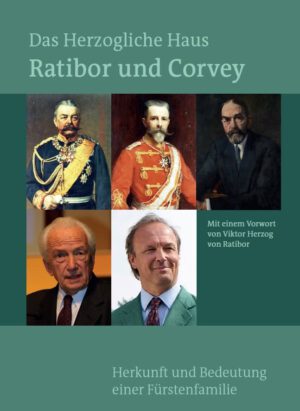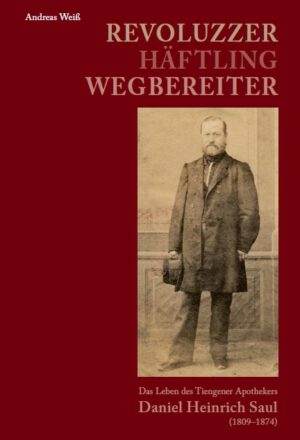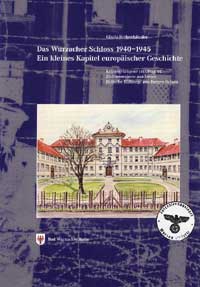Beschreibung
In the autumn of 1942, 618 „casualties of war“ – men, women, children and babes in arms – deported on Hitler’s orders from the Channel Island of Jersey, were interned in a Baroque castle in the heart of a small southern German town, close to the borders with Switzerland and Austria.
Who could have imagined when the foundations of the Wurzach Schloss were laid in 1723, that one day, it would witness the reconciliation between former enemies. Built originally for the aristocratic House of Waldburg-Zeil-Wurzach, from the 1920s the Schloss was a Catholic boarding school for boys. In 1940 it was commandeered and turned into a camp for French (predominantly Corsican officers) prisoners of war, with a Hitler Youth camp later established in the grounds. The arrival of the families from a small island so far away, interned because of their British lineage behind barbed wire in the heart of a community thus far removed from the horrors of the war raging in Europe, shocked townsfolk. Yet far worse sights were to come with the arrival two years later of Dutch Jews from the concentration camp, Bergen-Belsen.
Historian Gisela Rothenhäusler undertook extensive research into this short, but eventful period in the history of the Schloss. At the centre of this research lay her interest in the fate and daily lives of those people held behind the barbed wire – many of whom in the process of her research have become dear friends.
Her work, now translated froth the original German published in 2008, is based on a wealth of files and personal documents as well as interviews with those from both sides of the barbed wire: prisoner and capture; friend and foe. The end result of four years research – undertaken in Germany, France, the UK, Channel Islands, Switzerland and the Netherlands – is a tension-filled story taken from personal testimonies and local, regional and national archives. At the same time, the author sets the story of the camps in the Schloss against the overall context of the rise of the Nazi Party and the events that plunged the world into six devastating and murderous years of war.
The book is a piece of history that will forever link two small communities which would never have come together.
The author was awarded the Baden-Württemberg Landespreis für Heimatforschung (Baden-Württemberg State Award for Research into Local History) in 2008.




